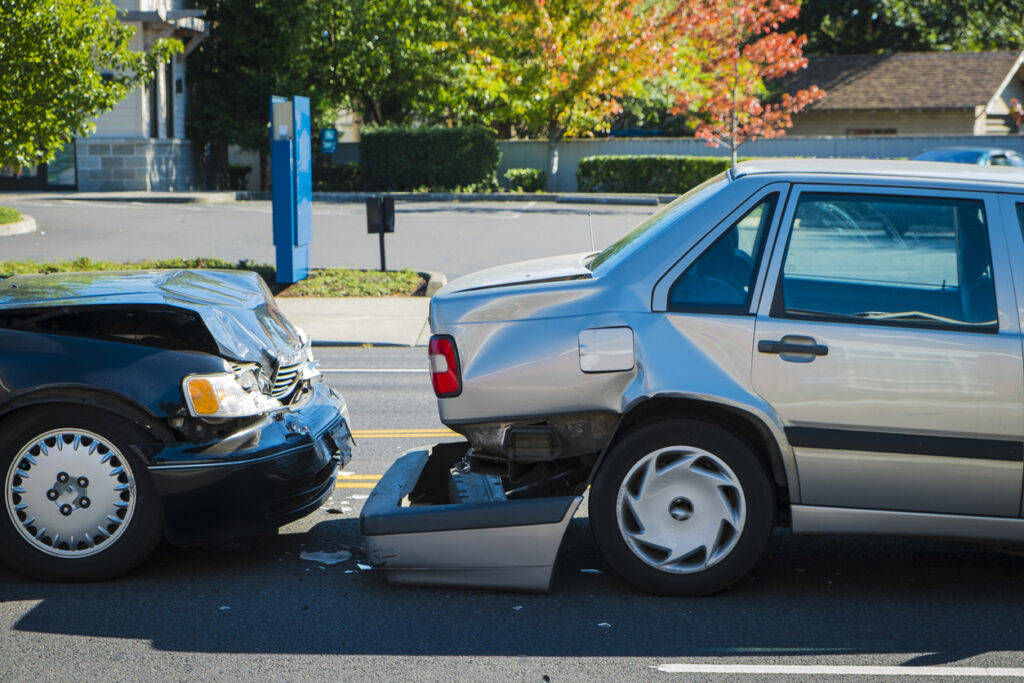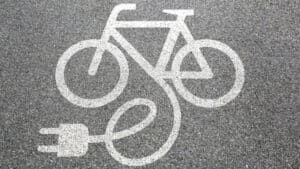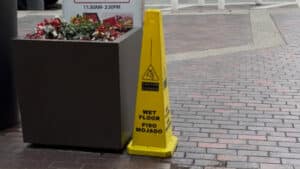This week’s question comes from Mayra B. in the Presidio, who asks:
Q: “I was recently rear-ended by a vehicle while I was stopped at a red traffic light. My car was wrecked and my leg was injured. I thought this would be an easy process as I didn’t do anything wrong. However, when I called my insurance company, they said my policy had lapsed. I was surprised to hear this because I always pay my car insurance on time; however I had recently moved to a new place and had not realized that I had forgotten to pay my insurance premium. After speaking to a lawyer, I found out that I could sue the other driver to get my car repaired, my hospital bills paid, and my time off work paid, but I cannot obtain compensation for my pain and suffering. How is this possible? It was not my fault.”
A: Mayra, thank you for your question. Unfortunately, the information your lawyer gave you is correct. In 1996, California voters passed the Personal Responsibility Act, known as Proposition 213, codified in the California Civil Code Sections 3333.3 & 3333.4. Prop 213 bars uninsured drivers from recovering for non-economic damages if they were not insured at the time of the collision.
California Civil Code Section 3333.4 states: “in any action to recover damages arising out of the operation or use of a motor vehicle, no person shall recover non-economic losses to compensate for pain, suffering, inconvenience, physical impairment, disfigurement, and other nonpecuniary damages if . . . [t]he injured person was the owner of a vehicle involved in the accident and the vehicle was not insured as required by the financial responsibility laws of this state.” You may be wondering, “How could this be?”, especially for someone like yourself who only experienced a momentary lapse in insurance coverage. The answer is that Proposition 213 was framed as a law intended to punish drunk drivers and fleeing felons from obtaining compensation for pain and suffering. However, many voters did not realize that the proposition also sandwiched uninsured drivers between the drunk drivers and fleeing felons.
As a result of Prop 213, California law now restricts damages for injured car owners and drivers in three situations: 1) where the driver themselves is convicted of DUI; 2) where the driver owns the vehicle and does not have the state minimum liability insurance at the time of the accident; and 3) when injury is sustained while committing a crime or fleeing from a crime which they are later convicted of as a felony.
Under Prop 213, an uninsured driver can still obtain compensation for special damages. Special damages are items that are quantifiable such as property damage, medical bills, and loss of earnings. However, the law restricts the uninsured driver from obtaining compensation for non-economic damages such as pain and suffering, physical impairment, disfigurement, inconvenience, and emotional distress.
There are some exceptions to the restrictions Prop 213 imposed. For example, a car owner or driver who does not have insurance coverage may recover for their non-economic damages if he/she was operating their employer’s uninsured vehicle, since the responsibility to insure the vehicle falls on the employer, not the employee driver. Another exception allows noneconomic damages when the accident occurs on private property, because state law only requires drivers to have auto liability insurance to drive on public roadways, not on private property. Prop 213 restrictions will also not apply if a driver borrows a vehicle that does not have insurance coverage, but the driver did have insurance coverage on another car. Lastly, Prop 213 does not apply to a passenger who was injured while riding in an uninsured vehicle. Unfortunately, there is no exception for drivers who were uninsured due to an unintentional lapse in insurance, no matter how brief.
Due to the complexity of this law, it is important you contact a qualified trial lawyer to review the situation to see if one of the other exceptions applies to you.
If you were injured in an accident as a result of someone’s negligence, you still have the right to seek compensation for your economic damages such as your property damage, medical bills and lost wages, even if Prop 213 applies to your case. However the best practice is to make sure that you have insurance on your vehicle. Having vehicle insurance will protect you in the event that you harm someone else in a vehicle accident, but it will also allow you to be fully compensated if you are injured by another driver.










